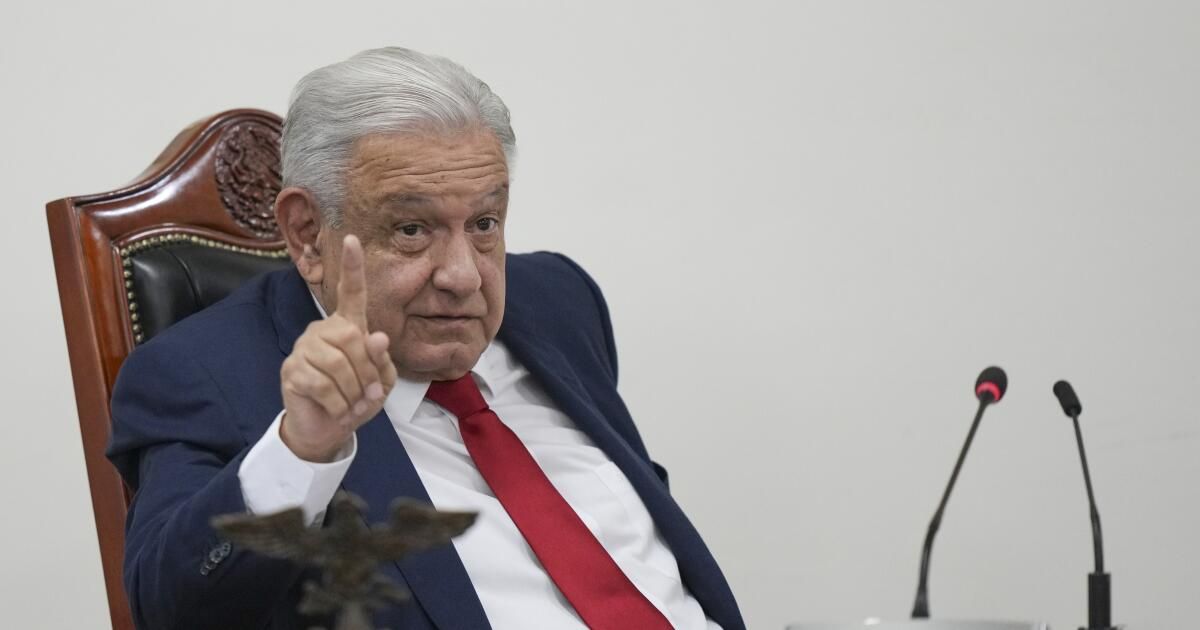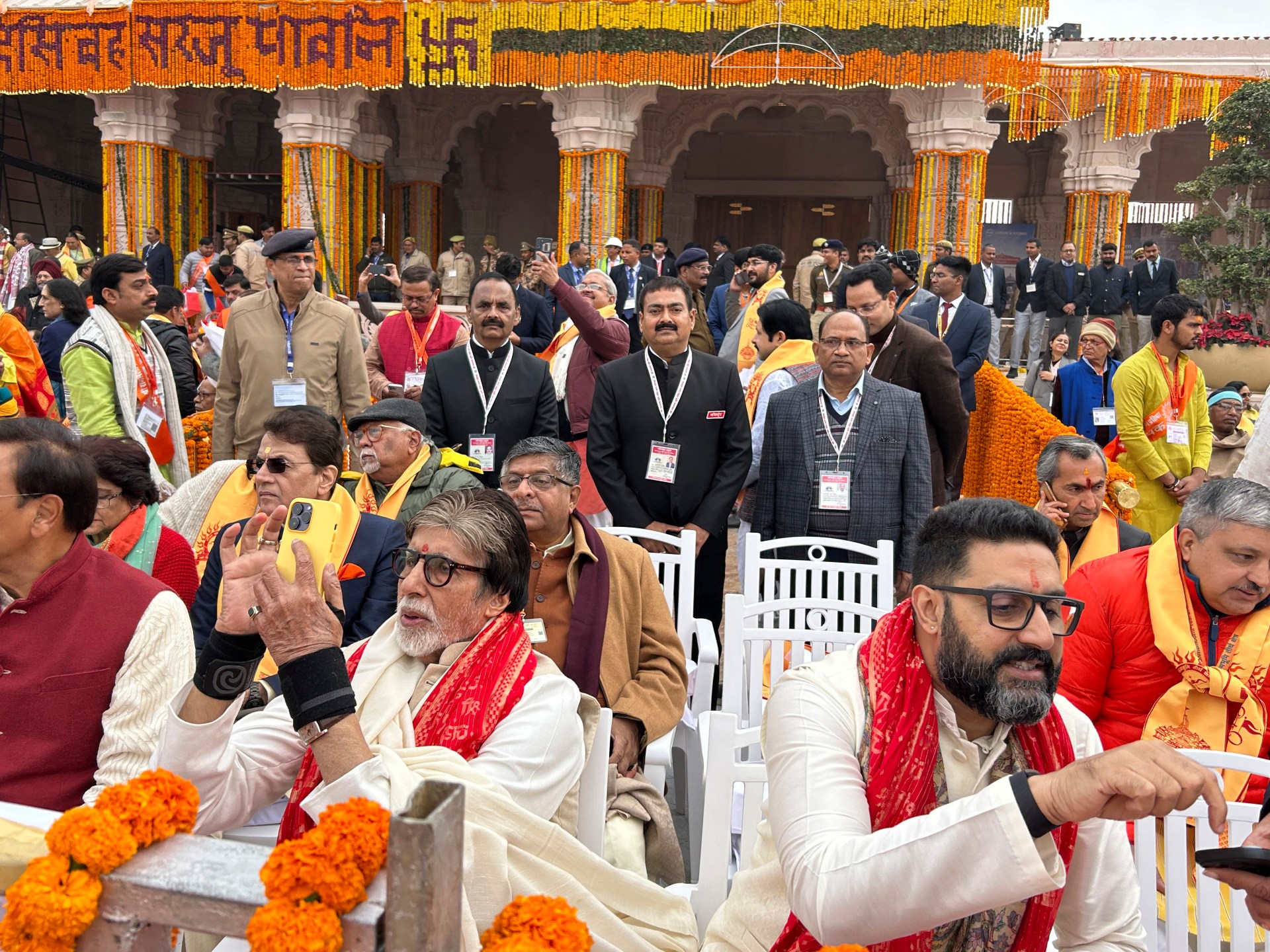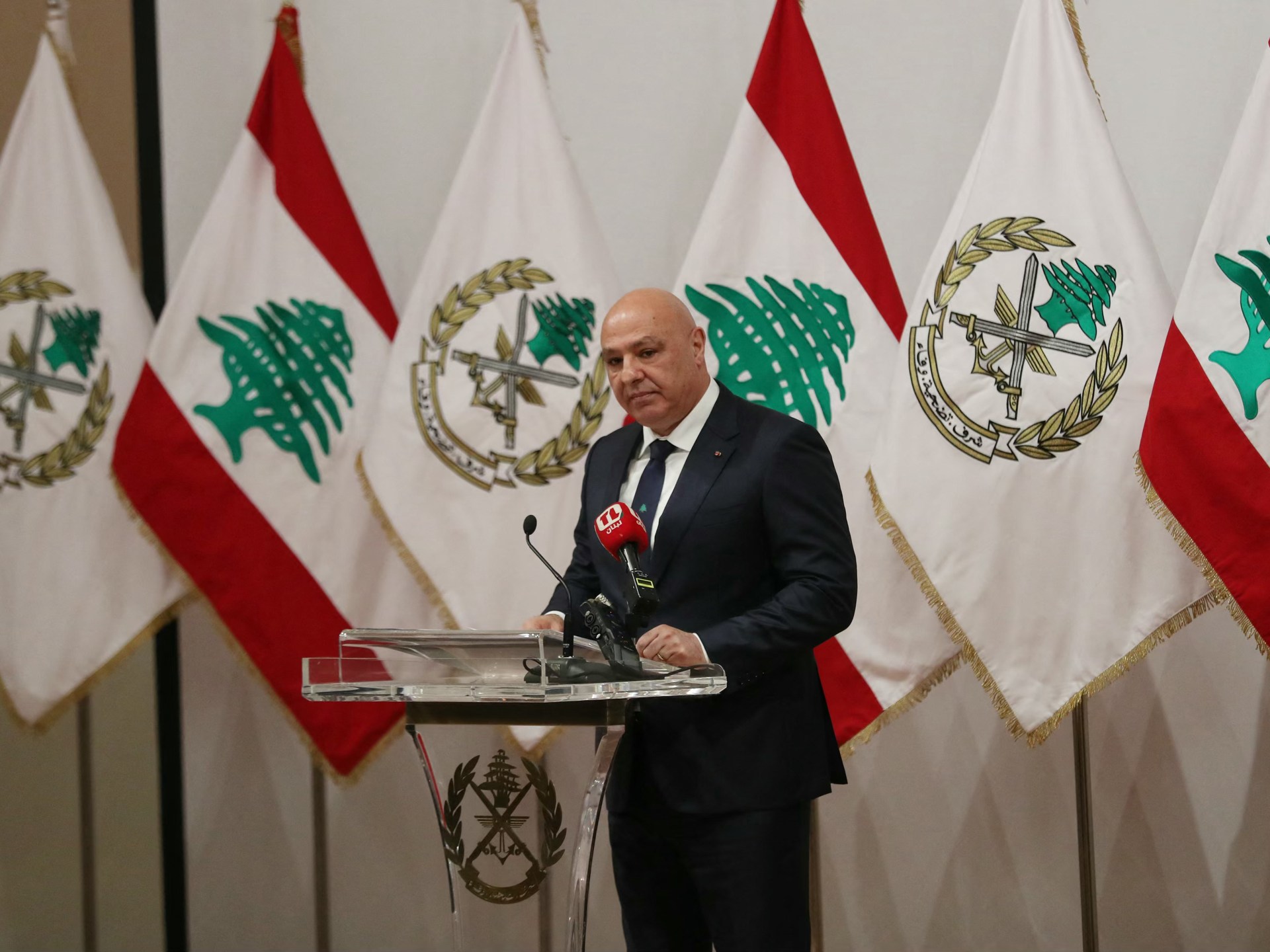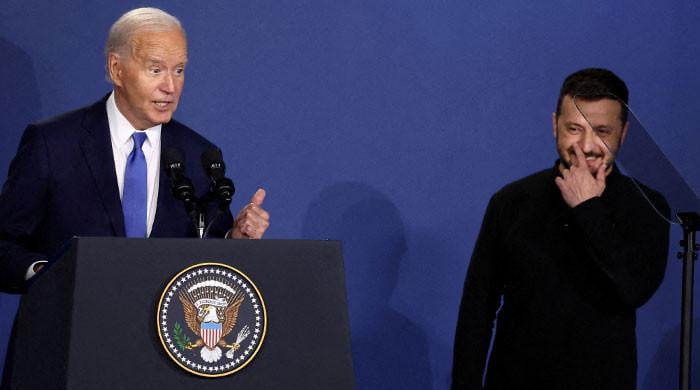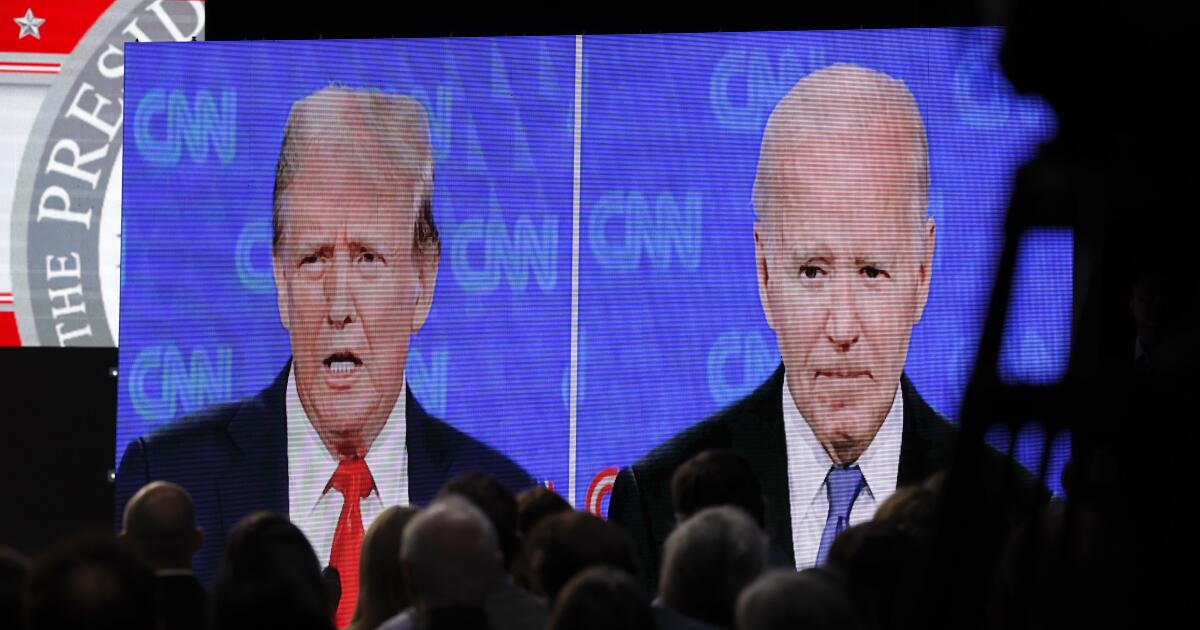Mexican President Andrés Manuel López Obrador announced a “pause” in relations with the embassies of the United States and Canada after the ambassadors of those countries criticized his plan to drastically reform the justice system.
“They have to learn to respect Mexico’s sovereignty,” López Obrador told reporters Tuesday morning at his daily news conference.
His comments came after U.S. Ambassador Ken Salazar and his Canadian counterpart expressed concern about sweeping changes proposed by Lopez Obrador to the country's courts.
Under the plan, which the president hopes to push through Congress during his final month in office in September, federal judges, including members of the Supreme Court, would lose their jobs and their replacements would be chosen by popular vote.
López Obrador says the reform is necessary because the courts, which have ruled against several of his favorite legislative efforts in recent years, are corrupt.
Critics say there is no evidence for this and that putting judges at the country's top courts up for election would politicize the judiciary and give even more power to López Obrador's ruling Morena party.
Having swept elections in recent years, the party will almost certainly have an outsized influence on which judges win.
The U.S. and Canadian embassies did not immediately respond to requests for comment after Lopez Obrador's announcement Tuesday.
Salazar, who has had a close relationship with López Obrador, publicly spoke out against the president’s plan last week, saying the review “would threaten the historic trade relationship we have built, which is based on investor confidence in Mexico’s legal framework.”
“Direct elections would also make it easier for cartels and other malicious actors to take advantage of politically motivated and inexperienced judges,” said Salazar, who before becoming ambassador served as a senator, secretary of the Interior and attorney general of Colorado.
“Based on my lifelong experience supporting the rule of law, I believe that the direct popular election of judges is a significant risk to the functioning of democracy in Mexico,” he said.
López Obrador has criticized those comments in recent days. Asked Tuesday if he was speaking with Salazar, he said his relationship with the ambassador had been “on pause.”
“We are not going to tell him to leave the country,” the president said of Salazar. “But we do have to read him the Constitution, it is like reading him the riot act.”
He added that Mexico's communication with the U.S. and Canadian embassies was “on hold,” but that the broader bilateral relationship between the United States and Mexico continued.
Lopez Obrador's push for judicial reform has roiled markets, with the peso losing value against the dollar and U.S. banks including Morgan Stanley, Bank of America and Fitch Ratings warning the plan carries financial risks for Mexico and could cripple bilateral trade.
On October 1, her successor, Claudia Sheinbaum, a political protégé of López Obrador who has said she supports judicial reform, will take office.

